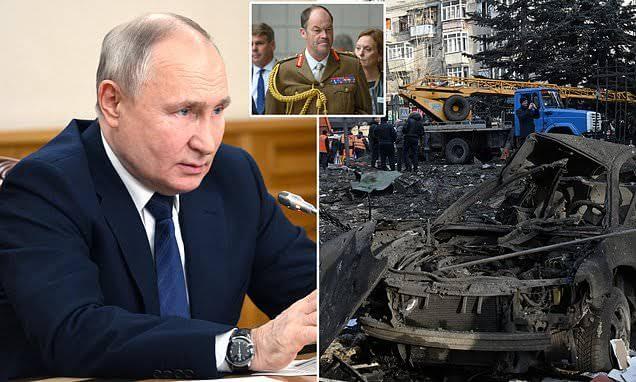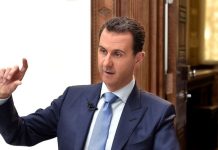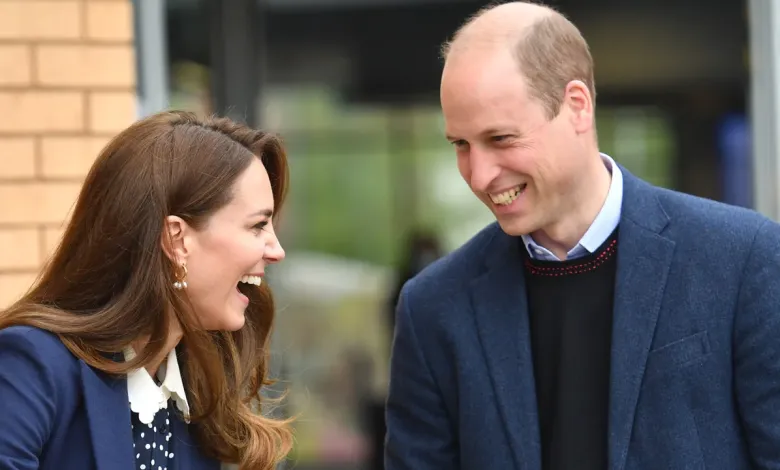EUROPE – A defiant Vladimir Putin has issued a brazen threat to the West during a surprise trip to the Russian exclave of Kaliningrad.
The despot warned that countries bordering the Baltic Sea territory are not prepared for ‘what will follow’ after many decided to tear down Soviet war memorials.
During his surprise visit on Thursday, which saw Putin fly close to Nato airspace, the 71-year-old told students at Kant Baltic Federal University: ‘This is stunning ignorance and lack of understanding of where they live, what they are doing and what will follow.’

The region, which is bordered by Poland and Lithuania, both of which were formerly occupied by the Soviet Union before regaining their independence, is believed to be the most likely flashpoint for a conflict between Russia and Nato.
It comes as the UK Government has revealed it thinks there is a one in four chance that Russia will attack one of Britain’s allies in the next two years, potentially sparking a war.
As it reaches the two-year anniversary of Putin’s illegal invasion of Ukraine, ministers have said any escalation that involves attacking British allies would have to bring a military response.

Experts at the Cabinet Office have warned that if this was to happen ‘to contain and deter further aggression military, diplomatic and economic capabilities will be needed’, the Telegraph reports.
Among the other knock-on effects would be increases in fuel prices and disruption to supply chains that could hurt the economy for years.
This could be the case if Putin decides to invade a Nato ally, such as Poland, the Baltic states of Estonia, Latvia and Lithuania, or Finland which became the 31st country to join the military pact last year.
Last week Latvia, Lithuania and Estonia – all of which were under Soviet occupation for decades after the Second World War – agreed to set up a wall of ‘anti-mobility defensive installations’ in a bid to maintain their security against Russia.
Gabrielius Landsbergis, Lithuania’s foreign minister, said this week his country was ‘convinced that a real war [with Russia] is a likely possibility’.
There are suggestions the same could happen if Russia also took military action against Britain’s non-Nato allies, such as Sweden.
Sweden has applied to join Nato, but its accession to the organisation has been halted by delays from Turkey and Hungary, the latter of which remains the only country left to accept its application.
When he was Prime Minister, Boris Johnson signed an agreement with the Scandinavian country, in which Britain agreed to come to its defence if it came under attack from Russia.
Earlier this week it was reported that the chief of the British Army, General Sir Patrick Sanders, was set to warn that UK citizens could be called up to fight in the event of a conflict with Russia.












